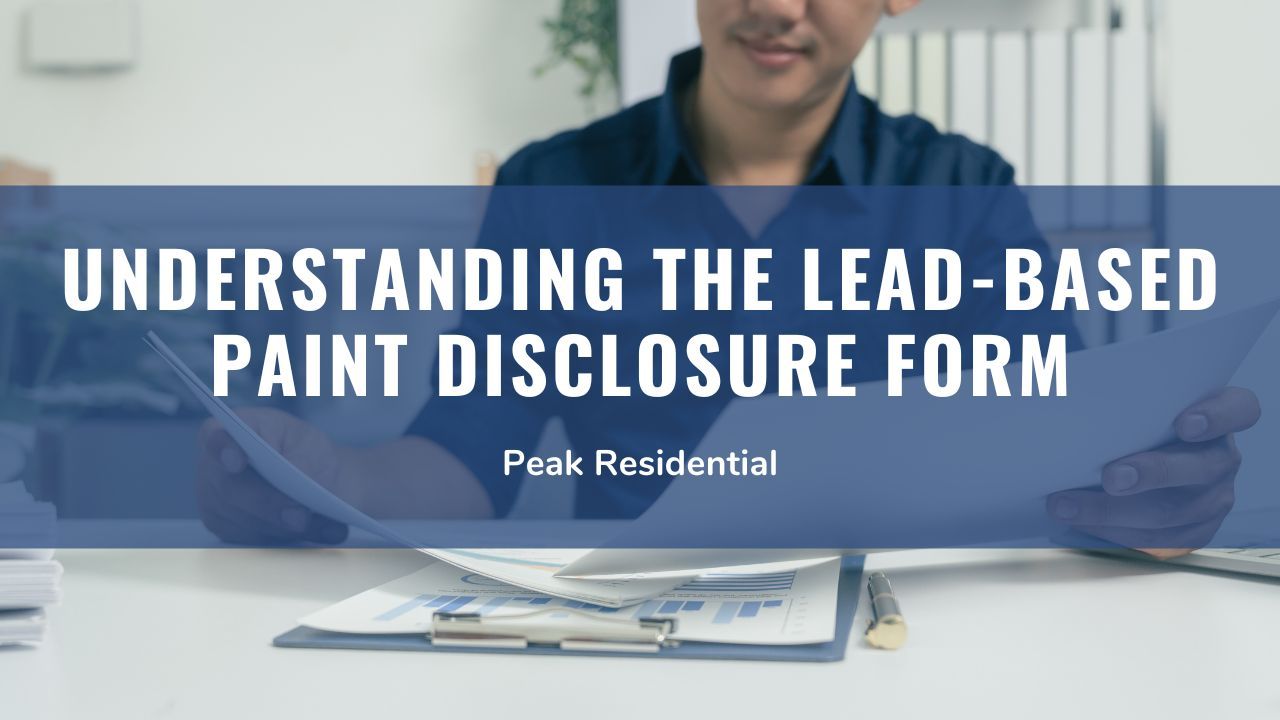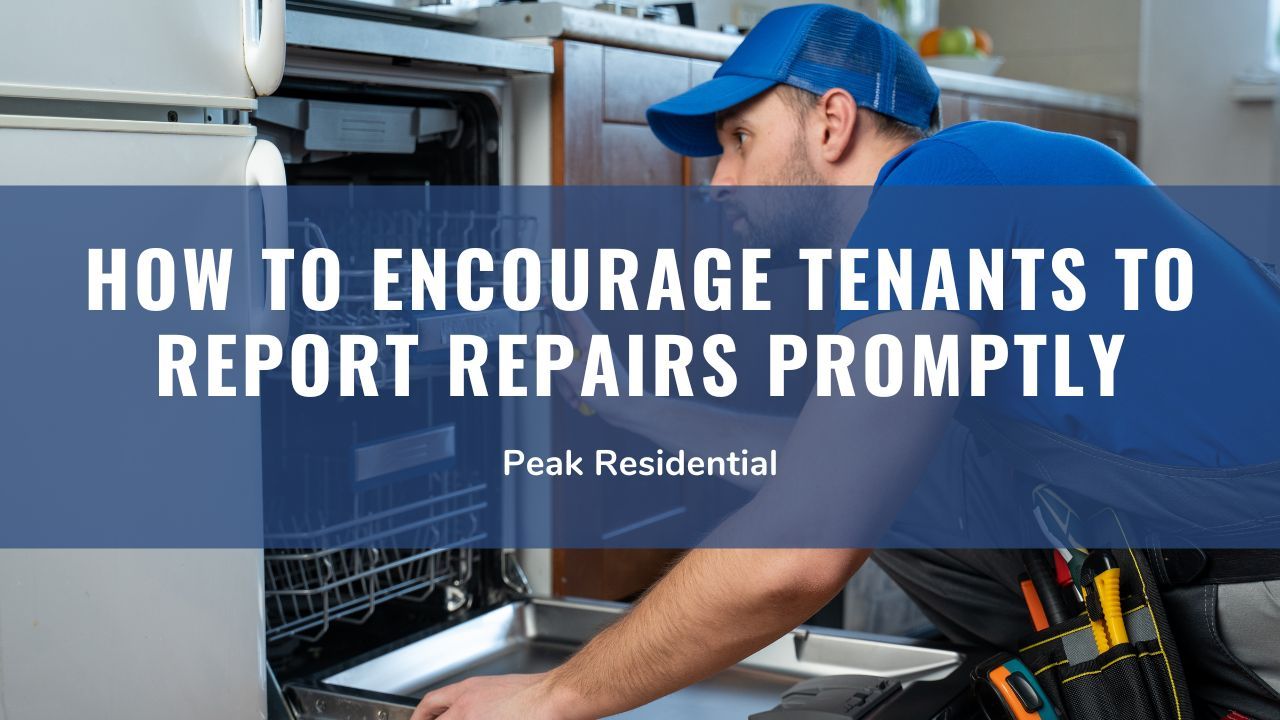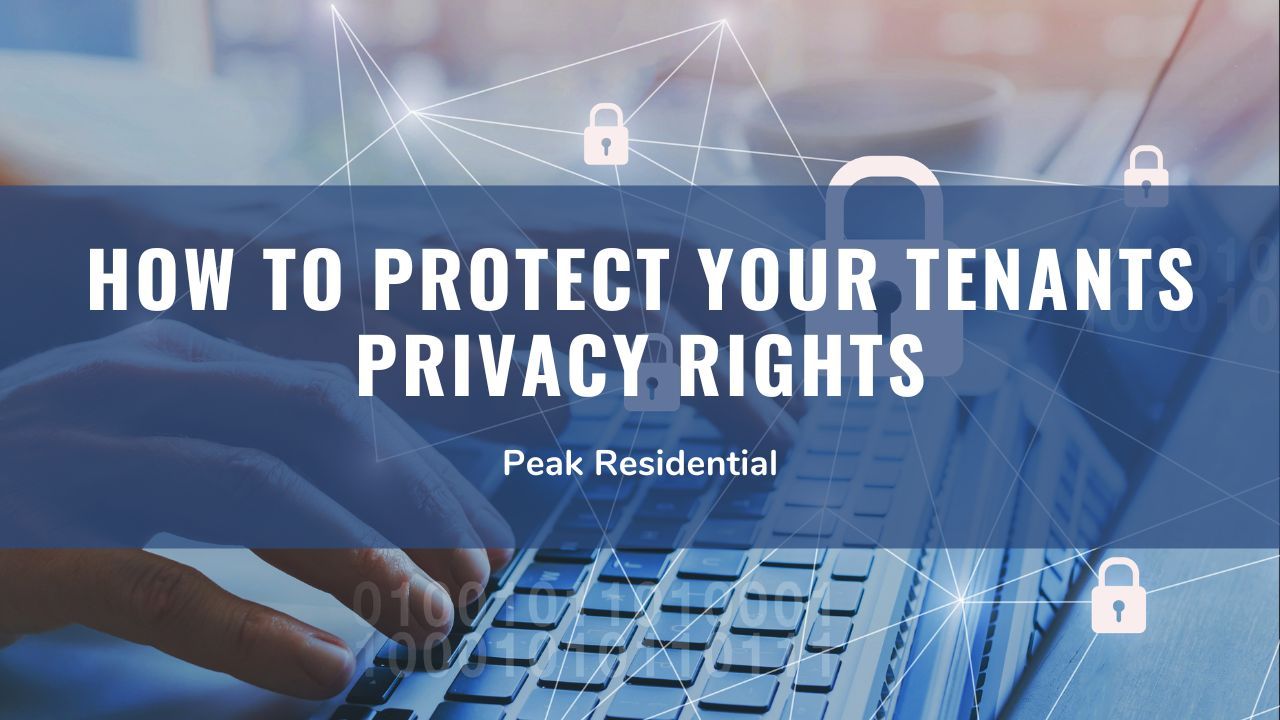Squatting Laws in California - An Overview
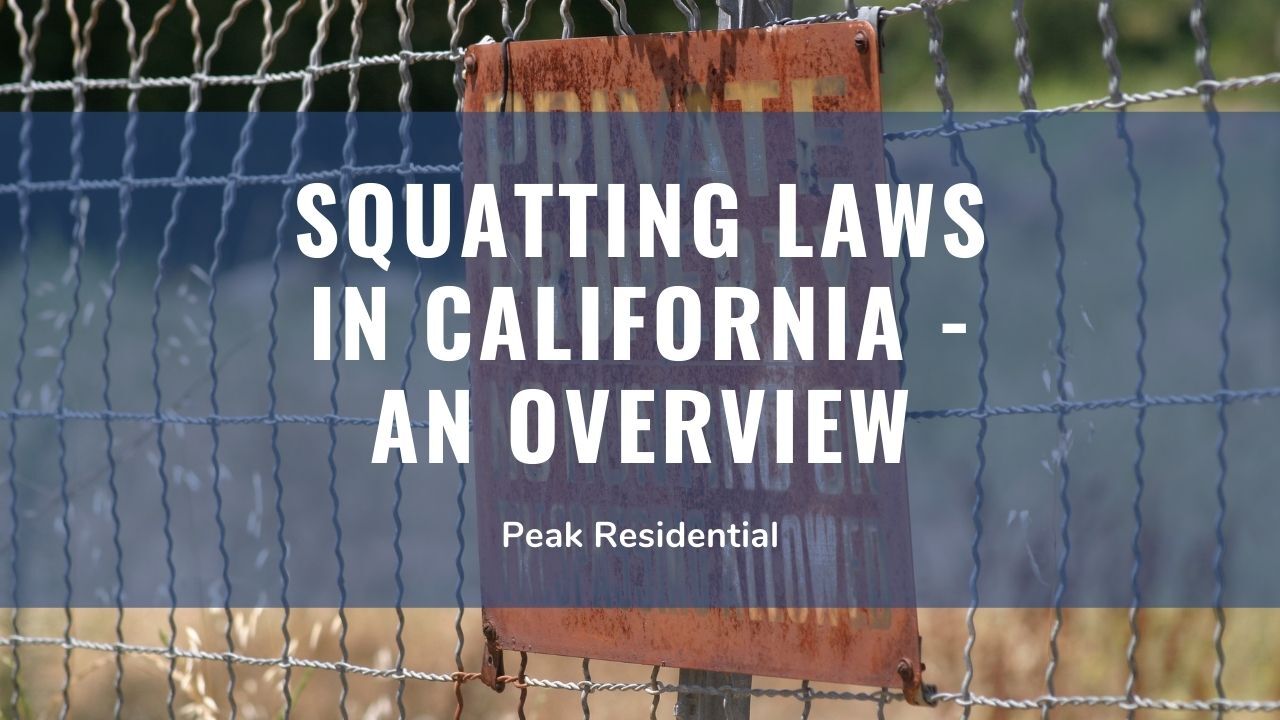
While some may find this surprising, squatters in California do have rights. When one occupies your property, they may be able to make a legal claim to it through adverse possession rights. In California, a squatter may be able to file an adverse possession claim after occupying a property for just 5 years.
As a landlord, holding a vacant property is never ideal. However, there are times when your units will go unrented, or you may be saving them for a future time. If you don’t act fast enough, you may find yourself in more trouble than you bargained for.
As such, it’s important to understand what rights squatters have in order to better protect your property. The following are answers to commonly asked questions regarding squatters’ rights in California.
Who Is a Squatter?
A squatter is someone who settles in or occupies a property in which they have no legal claim. In most cases, such properties are residential and are unoccupied or foreclosed upon.
A squatter may be able to claim ownership of your property through adverse possession. A squatter filing an adverse possession claim must, however, meet certain requirements for their claim to be successful.
Isn’t Squatting the Same Thing as Trespassing?
The two terms aren’t necessarily the same thing. First and foremost, trespassing is a felony while squatting isn’t. Squatting only becomes a criminal offense once the actual owner has established they are no longer welcome.
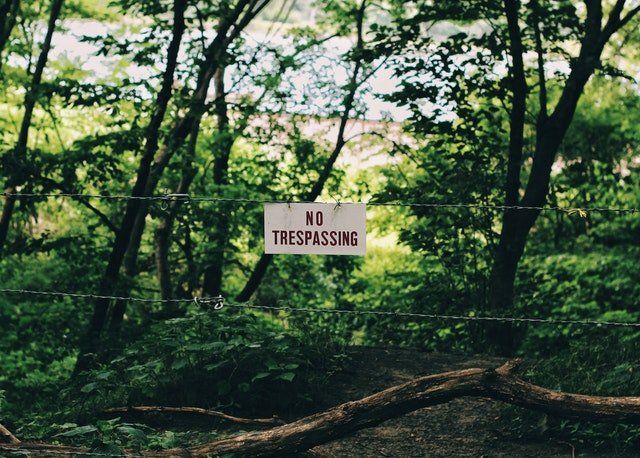
Also, trespassing is the act of knowingly entering someone else’s property without permission. An example is walking into private land to hunt. A squatter, on the other hand, is a person who occupies someone else’s property with the intention of owning it.
Is an “At-Will” Tenant a Squatter?
“At-will” tenants are also referred to as holdover tenants. They are tenants who continue to occupy a property even after their lease has expired. With the landlord’s permission, these tenants may continue living on their rented units under the same terms and conditions without worrying about their occupancy’s legality.
But, if you choose to, you can ask the tenant to leave by serving them a notice to quit. If they don’t, you may be able to file an unlawful detainer lawsuit in court as stated in the landlord-tenant laws. At that point, the tenant may not be able to make an adverse possession claim.
What Does “Color of Title” Mean When It Comes to Squatters’ Rights?
Color of title simply means that someone’s property ownership isn’t regular. He or she may be missing one or more of the required documentation. As a matter of fact, the squatter may think they are the legal property owner.
Some states require that squatters have color of title prior to making an adverse possession claim. However, this isn’t the case in the state of California. The only exception to this is if the color of title is very compelling and very specific to the situation.
Do Squatters Need to Pay Property Taxes as a Requirement for Filing an Adverse Possession Claim?
To obtain legal ownership, a squatter must show proof of payment of property taxes for the entire time they have been living in the property. If they fail to do so, the squatter risks getting evicted and losing any grounds for obtaining the property’s title.

So, always make sure that you’re paying your own property taxes as that can help you avoid any adverse possession claims.
So, What Rights Do Squatters in California Have?
As already mentioned, squatters can gain ownership of your California property through adverse possession. Of course, as a landlord, this can be a scary thing to even imagine. After all, buying a real estate investment isn’t a walk in the park.
The following are the requirements that a squatter must fulfill in California in order to claim property through adverse means:
1. Exclusive Possession
The squatter must have occupied the property exclusively. In other words, they must have not shared it with anyone else. Indicators of exclusive ownership may include conducting routine maintenance and upkeep.
2. Open & Notorious
A squatter making an adverse possession claim must not try to hide the fact that they are living there. Making attempts to hide their occupation will only invalidate their claim to the property.
3. Hostile Claim
In property law, hostile doesn’t connote violence. Basically, it means that a squatter must be aware of their trespassing act. Alternatively, they must show that they were simply acting in good faith.
4. Continuous Possession
As already mentioned, squatters’ rights in California require a squatter to have occupied a property for at least 5 years. It also goes without saying that the entire five years must be uninterrupted.

In other words, the squatter must not have abandoned the unit at any point during their 5-year occupation.
How to Protect Your Property from Squatters
The following are a couple of things you’ll want to do in order to protect your property against squatters:
- Inspect your property routinely
- Secure the property against unwanted intruders by blocking all entrances and installing security cameras
- Put up “No Trespassing” signs throughout the property, especially if the property isn’t occupied
- Hire a property management company to help you rent to a desirable tenant. Peak Residential is a top-rated property management company in Sacramento, CA. We have been in operating since 1982 and can help you in all aspects of property management, from tenant selection and placement to security deposits and legal aspects
How to Remove a Squatter in California
There are several things you can do in California to get rid of a squatter. One option is to pay them to leave. This can save you valuable time and money in the long run. The second option is to rent the property to them. This can help diffuse an adverse possession claim.
However, if all the two aforementioned options fail, the last option is to evict them. You must follow the statewide
eviction law for this to be successful, though!
Bottom Line
The best way to avoid squatters is by renting out your property. Great tenants will pay rent on time, care for your unit, and rent long-term. Peak Residential can help you attain this. Get in touch with us to learn more about our property management services!
Disclaimer: This blog shouldn’t be used as a substitute for legal advice from a qualified attorney. Laws change frequently, and this post might not be up-to-date. For further questions, please get in touch with us.
